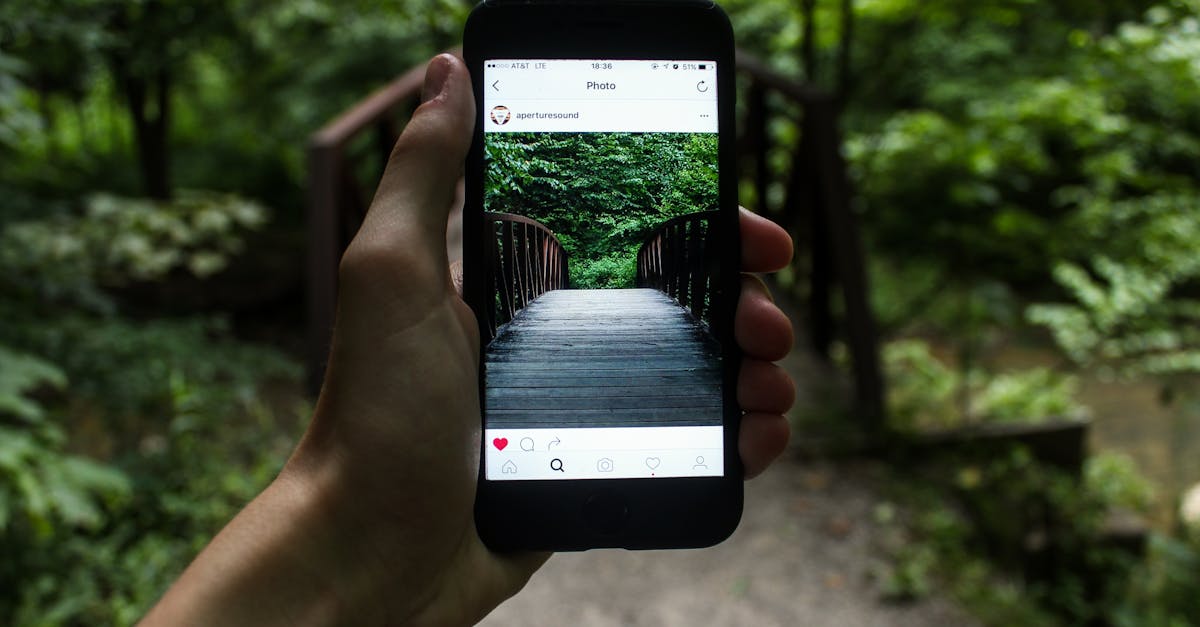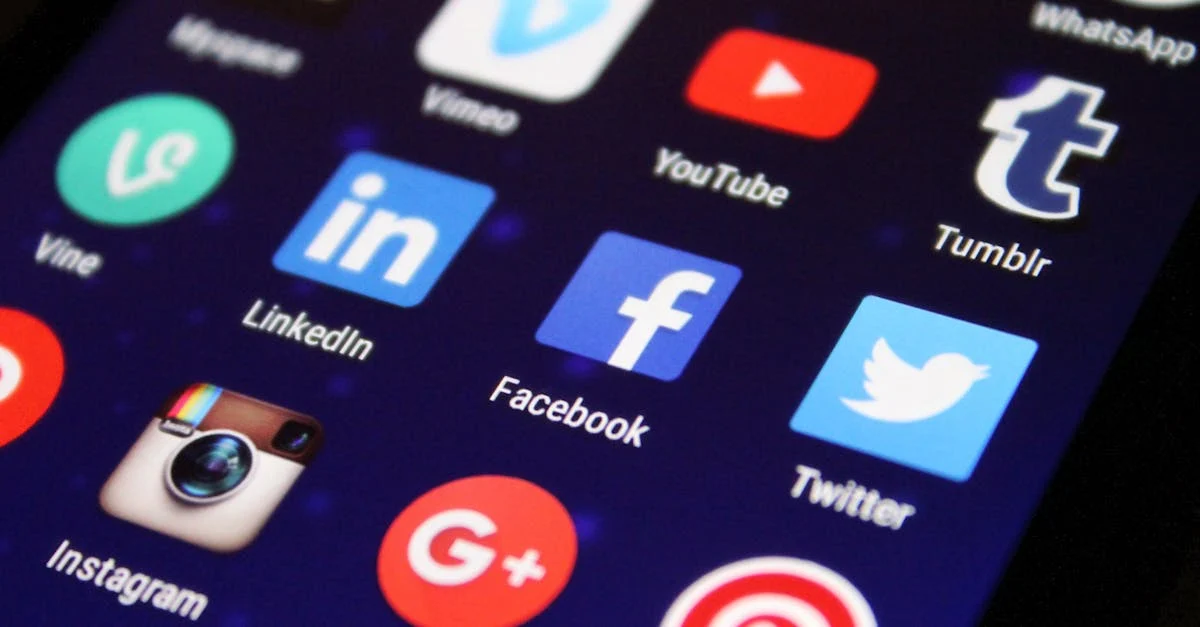The rise of social media has dramatically transformed how we connect and communicate. While these platforms offer a myriad of opportunities for engagement and expression, they also pose significant challenges for our mental well-being. Many individuals wrestle with the question of how does social media affect mental health, as the effects can be both profound and complex. It’s essential to delve deeper into this topic to understand the nuances and implications of our digital interactions.
Main Points
First, it’s crucial to acknowledge the potential negative impacts of social media on mental health, especially among teens. Studies indicate a correlation between excessive use and increased feelings of anxiety and depression. Furthermore, the constant comparison to seemingly perfect lives portrayed online can lead to low self-esteem. On the positive side, social media can also foster community and support, providing a platform for connection. It offers a space for individuals to share experiences and seek help. Ultimately, recognizing both sides of this dynamic relationship is key to understanding the overall impact of social media on mental health.
Related content:
Embracing Calm: Innovative Techniques for Coping with Stress and Anxiety
Understanding the Dual Nature of Social Media: Benefits and Drawbacks for Mental Health
Social media plays a complex role in our lives, influencing mental health in various ways. On one hand, it can foster connections and provide support; on the other, it can lead to isolation and anxiety. Understanding how does social media affect mental health involves recognizing both sides of this digital coin. Here are some key effects:
- Positive connections: Engaging with others can enhance feelings of belonging, promoting overall well-being.
- Comparison: Constantly viewing curated lives can lead to feelings of inadequacy, increasing anxiety and depression.
- Information overload: The influx of content can overwhelm users, leading to stress and decreased focus.
Ultimately, the impact of social media on mental health is deeply multifaceted, requiring individuals to navigate its pros and cons carefully. By understanding these social media mental health effects, users can make informed choices about their online interactions.
The Impact of Social Media on Self-Esteem and Body Image: A Psychological Perspective
Social media profoundly affects our perceptions of self-esteem and body image. Especially among teenagers, it can create a paradoxical effect. On one hand, it fosters connection and a sense of belonging, representing how does social media affect mental health positively. However, the constant comparison to curated images often leads to feelings of inadequacy, reflecting how does social media affect mental health negatively. Consequently, it raises crucial questions about self-worth and mental well-being in today’s digital landscape.
Social Media’s Dual Nature
| Positive Effects | Negative Effects |
|---|---|
| Building communities | Promoting unrealistic standards |
| Enhancing creativity | Increasing anxiety levels |
Therefore, we must be mindful of how does social media affect mental health, balancing its benefits against its potential harms. Understanding this interplay is essential for nurturing healthier self-images and fostering resilience among users.
Digital Community or Isolation? The Paradox of Online Connections and Mental Well-Being
In today’s digital age, the question of how does social media affect mental health becomes increasingly relevant. Many find connection and support online, but others experience heightened feelings of isolation. The statistics reveal a perplexing reality; individuals often feel less fulfilled despite having numerous virtual interactions. This contradiction raises concerns about the quality of relationships fostered through screens. Therefore, while how does social media affect mental health can lead to positive connections, it might also contribute to loneliness and anxiety. Balancing these online engagements is vital for overall mental well-being.
The Role of Social Media in Mental Health Awareness: Advocacy and Stigma Reduction
Social media plays a crucial role in raising awareness about mental health issues. Platforms like Twitter and Instagram serve as avenues for advocacy, where individuals share their experiences and seek support. This visibility is essential in combating stigma; we can create communities that foster understanding and compassion. However, how does social media affect mental health? It can be a double-edged sword, offering support to some, while contributing to anxiety for others. Consequently, it is vital to approach these platforms mindfully.
- Community Building: Encourages sharing and support among users.
- Information Dissemination: Spreads awareness and educates the public on mental health topics.
- Crisis Intervention: Provides immediate resources for individuals in distress.
Strategies for Healthy Social Media Use: Mitigating Risks and Promoting Positive Mental Health
In today’s digital age, it’s essential to adopt strategies for healthy social media use. First, set clear time limits to manage your exposure and avoid excessive scrolling, which can trigger anxiety. Also, curate your feed by following accounts that promote positivity and well-being. Engaging in mindful consumption allows you to reflect on how social media impacts your mood. Furthermore, remember to occasionally disconnect, fostering real-life connections that bolster emotional resilience. Ultimately, understanding how does social media affect mental health enables better management of our online experiences.
You Can Also Review These:
The Relationship between Social Media and the Increase in Mental …
Conclusion
The complex relationship between social media and mental health reveals a multifaceted interplay that we must navigate carefully. Social media has the power to connect us, yet it can also lead to feelings of isolation and inadequacy. For many, scrolling through curated feeds can evoke comparison and envy, ultimately affecting well-being. How does social media affect mental health? It influences our perceptions and self-esteem, often in ways we do not realize at first. We need to cultivate awareness and intentionality in our social media usage. While it can be a source of support, it is crucial to remember that our mental health should always come first. Finding balance is key; we can enjoy the positives without falling prey to the negatives. Embracing this duality will help us foster a healthier relationship with both ourselves and our online interactions.
Frequently Asked Questions
How does social media use impact anxiety levels?
Studies suggest that excessive social media use can increase feelings of anxiety, particularly when users compare themselves to others or experience negative interactions.
Can social media be beneficial for mental health?
Yes, social media can provide support networks, reduce feelings of isolation, and help individuals share their experiences, which can foster a sense of community.
What are the signs of social media addiction?
Signs include spending excessive time online, neglecting real-life relationships, feeling anxious or upset without access to social media, and prioritizing social media over other activities.
How can I maintain a healthy relationship with social media?
Set time limits, engage in activities outside of social media, curate your feeds to include positive content, and take regular breaks to enhance your mental well-being.
What age group is most affected by social media’s impact on mental health?
While all age groups can be affected, adolescents and young adults are particularly vulnerable due to their developmental stage, reliance on peer validation, and risk of exposure to negative content.



